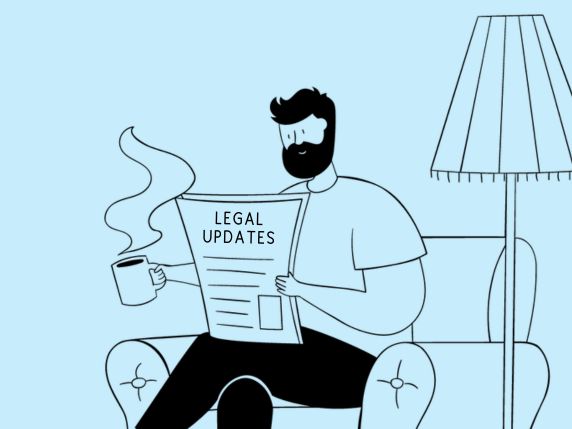A recent Supreme Court decision has shed light on the issue of whether company directors can be made personally liable for trade mark infringement carried out by their companies.
In Lifestyle Equities C.V. and another (Appellants) v Ahmed and another (Respondents), the Supreme Court held that directors would not share liability for trade mark infringement with the offending company provided the director(s) acted in good faith and did not know that the activity undertaken by the company was an infringement. The director must know the essential facts which make the act wrongful, to be jointly and severally liable as an accessory to the infringement.
This is the case even though the offence of trade mark infringement is a ‘strict liability’ offence, which means that it does not require any fault or intention by the wrongdoer.
Primary and Accessory Liability
Trade mark infringement is committed by someone who uses an offending sign in the course of trade. There is no requirement for any intention or knowledge on the part of the infringer to be liable.
In the Lifestyle decision, the Supreme Court held that the directors did not personally ‘use’ the offending trade mark themselves, in the same way that an employee or shop assistant would not personally use a trade mark by placing orders or displaying goods for sale on behalf of their employer. The directors simply acted as agents of the company when deciding on what trade marks to use, liaising with manufacturers and running the day-to-day matters of the company.
English law also punishes ‘accessories’ to certain civil law wrongs, such as trade mark infringement. An accessory may be made ‘jointly and severally’ liable with the primary infringer, i.e. they may be responsible for all of the damages if the primary infringer cannot pay.
The Supreme Court explained that liability as an accessory to a ‘strict liability’ offence such as trade mark infringement does not itself carry strict liability. The general legal principles are that a person who knowingly procures another person to commit an actionable offence or assists another to commit an offence and the assistance is more than trivial and is given in accordance with a ‘common design’ between the parties, that person will be jointly liable with the other person as an accessory.
When applying these principles to trade mark infringement, unless the infringement is very clear cut, then there is often room for argument and difference of opinion as to whether the offending trade mark is too similar and/or likely to result in confusion. So, in the Lifestyle case, the directors were held not to have known or appreciated that there was a likelihood of confusion and so would not be liable as accessories to the company’s infringement.
Account of Profits
The case also ruled on the issue of whether directors could be ordered to pay back profits made from the infringement either by the company or personally in the form of directors’ salaries or loans from the company.
This would only be applicable where the directors were found to be liable as accessories to the infringing act and had the requisite knowledge and intention described above.
This is particularly important where the infringing company is insolvent and cannot reimburse the claimant itself.
An account of profits can usually be sought as a remedy for infringement as an alternative to an award of damages, where the infringing party has made a profit from the infringing act.
The Court found the directors liable as accessories and ordered them to account for profits made personally from the infringement. However, this was reversed by the Supreme Court. The directors taking a loan from the company did not constitute a profit since there is no profit involved in simply borrowing a sum of money, unless there is a commercially low interest rate or it is a disguised dividend. Salaries paid to the directors were remuneration for work done and so did not constitute profits, again unless they were disproportionately high and were disguised dividends.
The principle is not the same for an award of damages, which can be claimed from either the principal or the accessory, or a combination of both.
Conclusion
This decision could make it more difficult to seek redress for trade mark infringement where a company has subsequently gone into liquidation and the infringement is not immediately obvious.
It highlights the need for trade mark owners to take action against infringement quickly, as soon as it is discovered and to take precautionary steps to protect their brand as much as possible, through registration and active monitoring and overseeing of its use.
If the infringing company is insolvent, then a claim for damages against the directors personally may succeed but a claim for an account of profits is not recommended.
Company directors should also ensure that they seek legal advice from trade mark solicitors if they are unsure whether their company’s acts may infringe a third party’s trade mark. They may be found liable if personal knowledge is attributed to them and could be ordered to pay damages. Such knowledge could be implied where there is a clear-cut act of infringement such as counterfeiting or where the directors have been notified by a third party that their company is engaging in potentially infringing acts.







